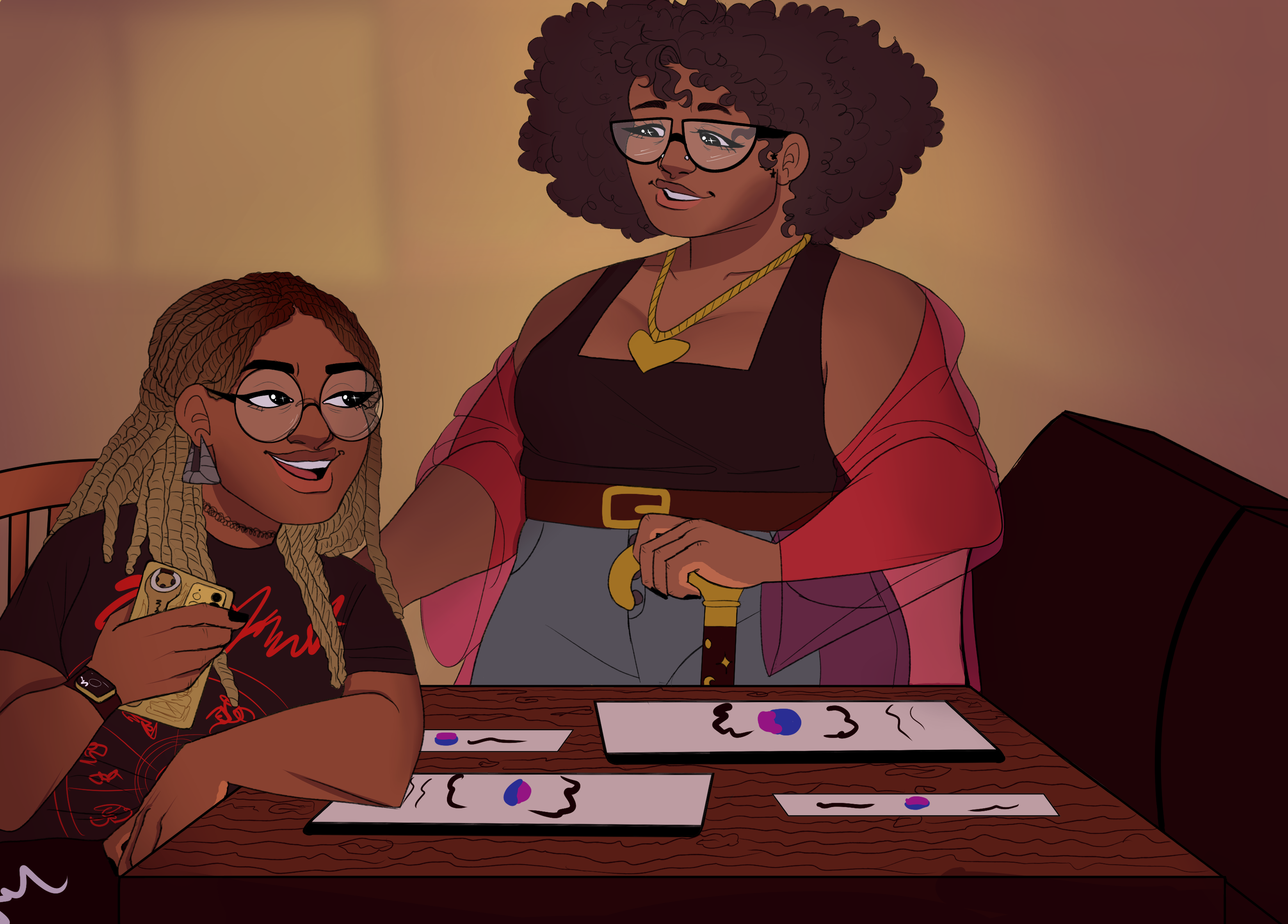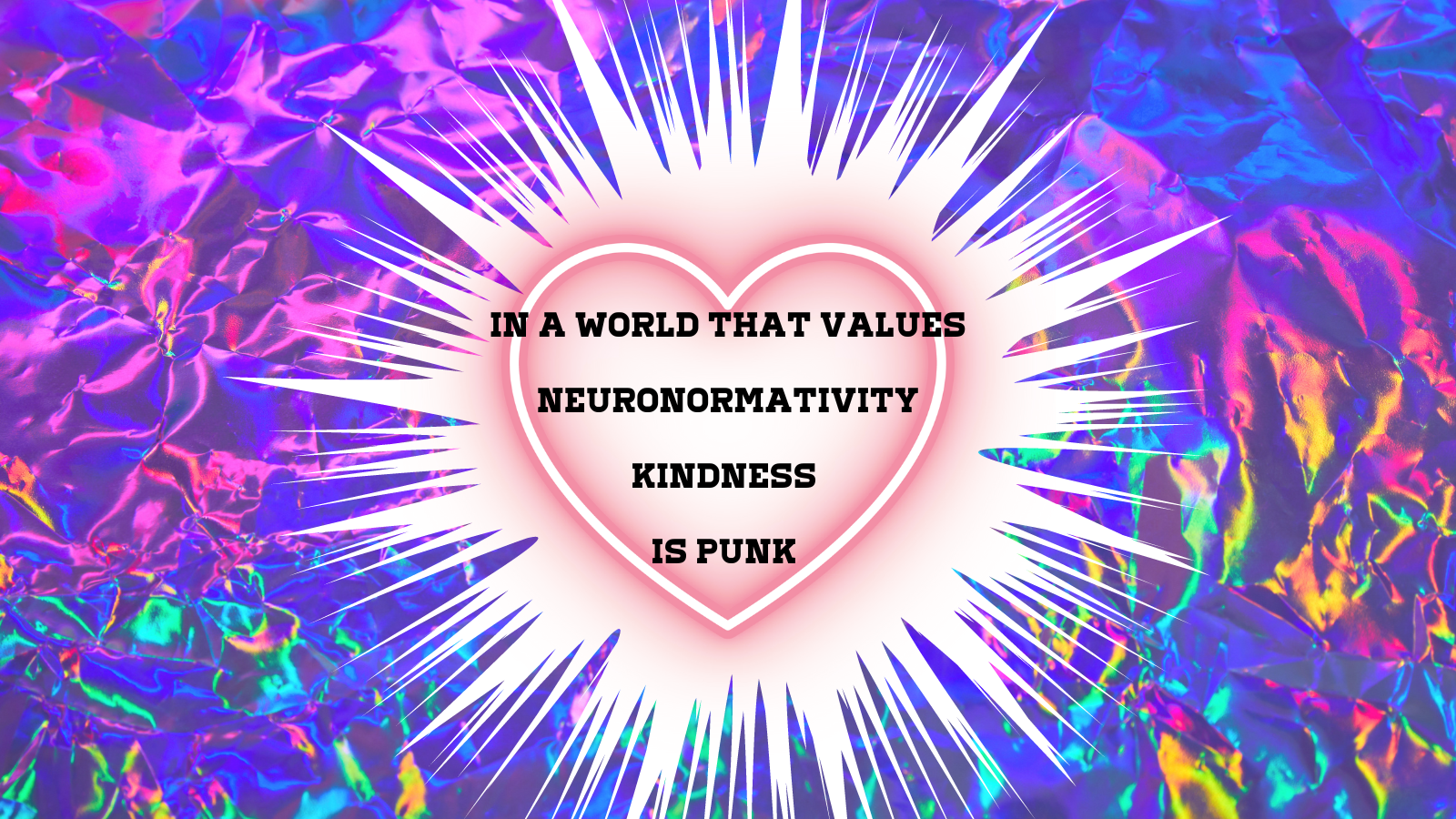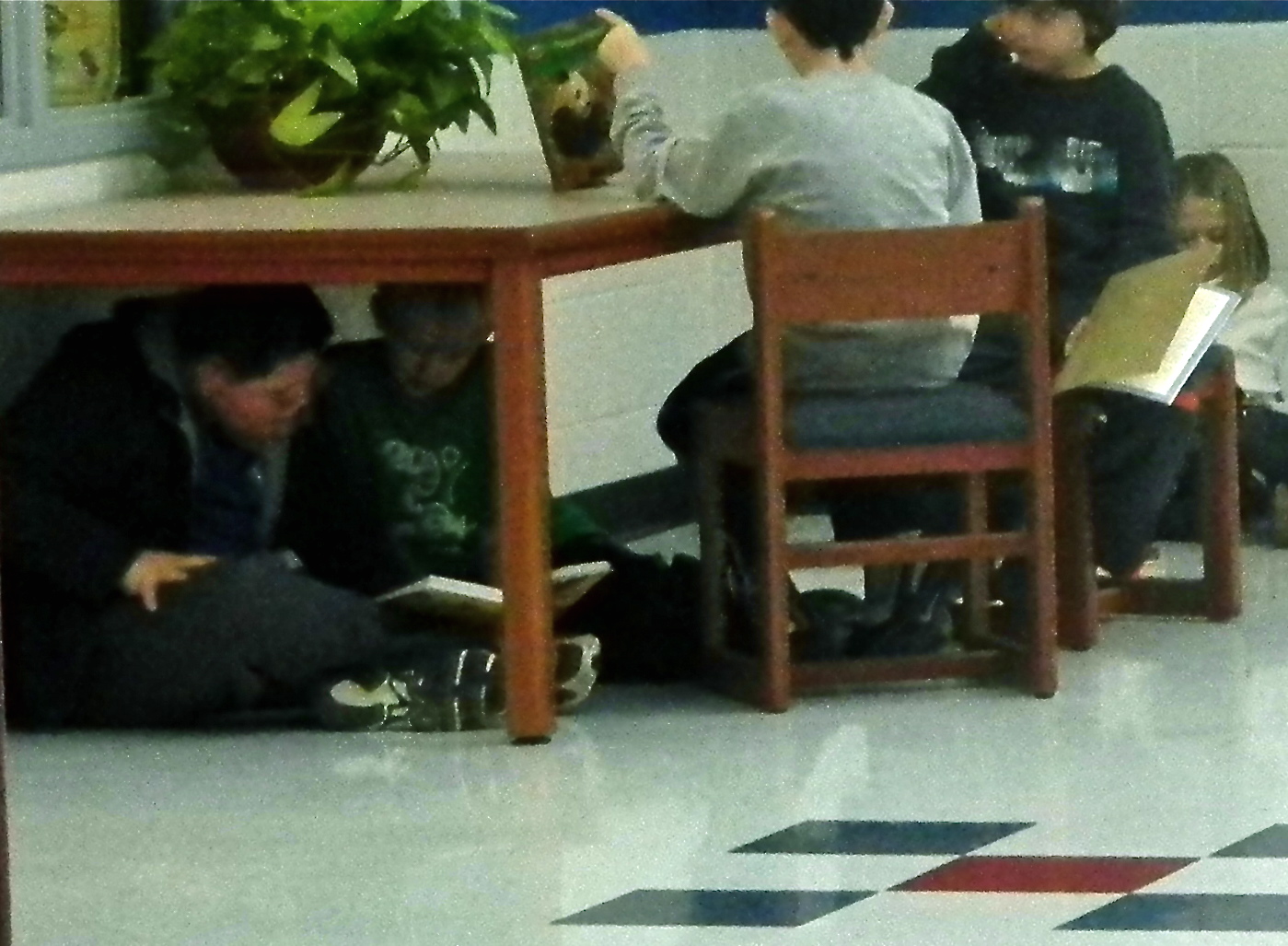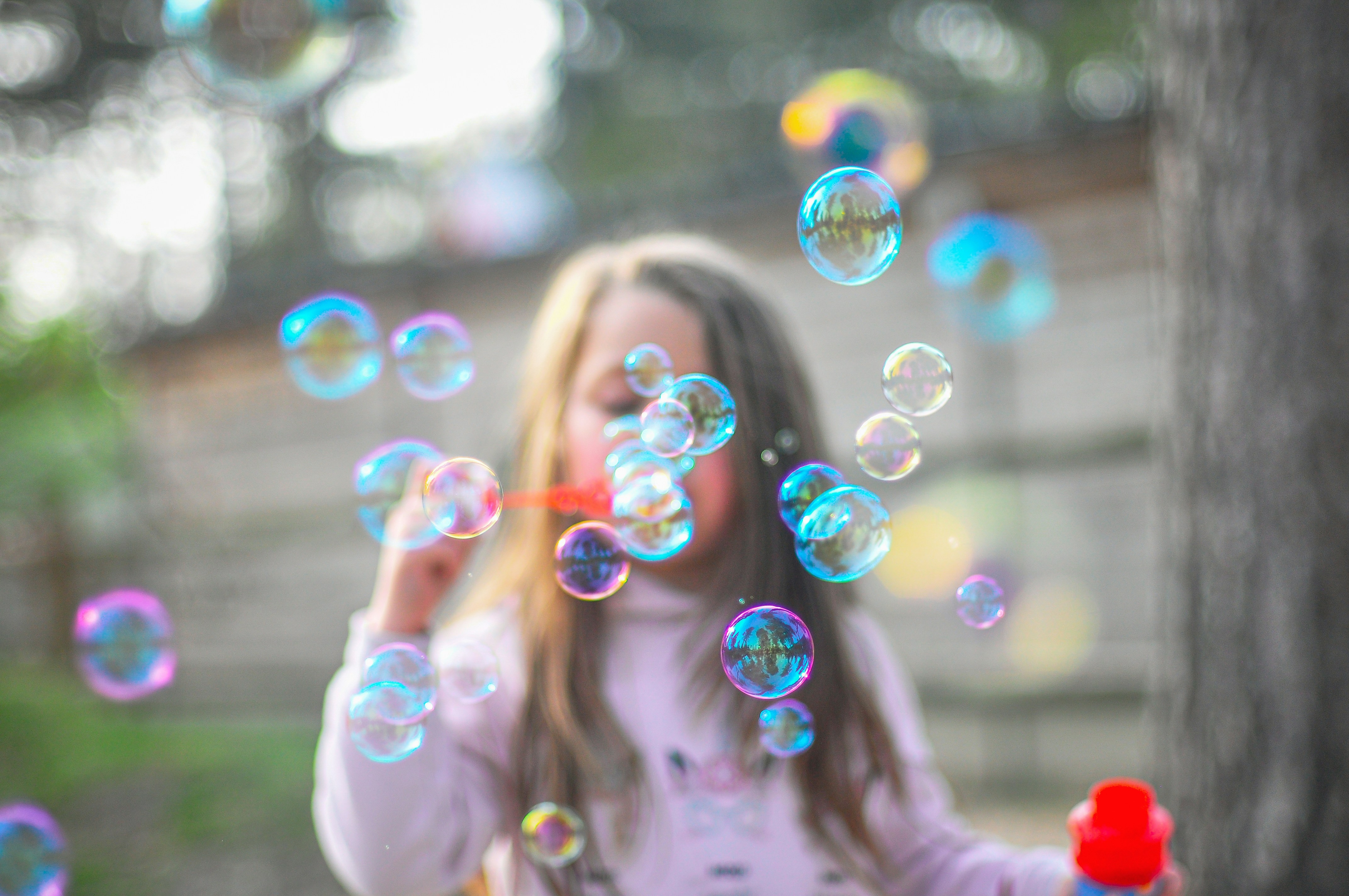Blog
-

The Road to Neuronormative Domination: Thorndike won, Dewey lost. Skinner won, Papert lost.
…one cannot understand the history of education in the United States during the twentieth century unless one realizes that Edward L. Thorndike won and John Dewey lost. Ellen Condliffe Lagemann Thorndike won, and Dewey lost. I don’t think you can understand the history of education technology without realizing this either. And I’d propose an addendum…
-

Tapping the Radical Roots of Peer Support
*Disclaimer: this essay is only intended to represent my own opinions and experiences, and is not reflective of any of my past/present employers – nor is it intended to speak as a monolith on behalf of peer support workers, autistic people, or any other mentioned communities/identities/political movements. I am a queer/trans/autistic young adult, currently working…
-
Latest Terms in the Stimpunks Glossary
Our glossary grows. It’s at 320 terms. Here are the latest 21 terms added.
-

An Open Framework For Neuroqueer Learning Spaces
In Neuroqueer Heresies, Nick Walker (2021) describes embracing neuroqueering as a verb. When considering Neuroqueer Learning Spaces, we need to reinterpret, rethink, redefine, and reimagine what those spaces may look like and the journey required to be able to facilitate them. We are considering whether we can use the template Walker created for designing autism courses as a template for…
-

Can we trust?
Can we trust? Can we trust the space you offer?Can we trust the words you utter? Can we trust the time decided?Can we trust the form provided? Can we trust your singular view?Can we trust the treatment we receive from you? Can we trust the way you perceive?Can we trust you to sit, listen and receive? Can we…
-

Picnic at the Zoo!
Who: Members of the Dripping Springs Friendship Club What: picnic lunch and zoo visit (bring your lunch/drink) They do not have water fountains, but do sell bottled water in the gift shop if needed. When: Friday ~ May 3, 2024 starting @ 12:30 PM Where: Austin Zoo ~ 10808 Rawhide Trail Austin, TX 78736 Why:…
-

Neuroqueering Child Psychotherapy
Peering out from the edge of a lake. The water is still, but lapping restlessly. What lies beneath? I am eager to know but alone on the edge of the lake. A hood covers my features. I take a step into the oddly warm water. It laps against my feet, staining my shoes with a…
-

Neuroqueering from the Inbetween
“The growing cracks in the thin veneer of our “civilised” economic and social operating model are impossible to ignore”, Jorn Bettin (2020). As a late-diagnosed autistic person, I feel a massive disconnect with the world around me. I am living in the ‘gap’ between so many spaces but also feel the potential of neuroqueering and transforming what…
-

A Short Rumination on Our Journey to Neuroqueer Learning Spaces
We fought for the right to learn differently, and lost. The journey was instructive. We found ourselves along the way. We found community among other neurodivergent and disabled people. We found vocabulary, vocabulary like “neurodiversity”, “neurodivergent”, “neurotypical”, and, more recently, “neuroqueer”. …intentionally liberating oneself from the culturally ingrained and enforced performance of neuronormativity can be…
-

Concision and Why Sheets
Chomsky uses the term concision to discuss the way mainstream media outlets respond to power. Having concision means that ideas which align with forces of power in our society need no explanation and those that do not align with those forces of power need significant explanation. This allows the narrative of the “state religion” to…
-

The Path to Equity Begins with Neuroqueer-Sensitive Learning Spaces
If you tell me where or how to sit, I’m unlikely to do either. If you tell me that I can’t leave a room, I will leave – absent serious restraints – and I won’t come back. If you cover up the windows, or if there are no windows, I will leave and not come…
-

Neuroqueering Education at Home
Zoe Williams is a late identified autistic parent, who writes about autistic identity and culture. Find her on Medium and Mastodon. Home education lends itself particularly well to neuroqueering, as learning at home allows parents to create a bespoke education that is tailored to the child. However, most adults have themselves been through the school…
